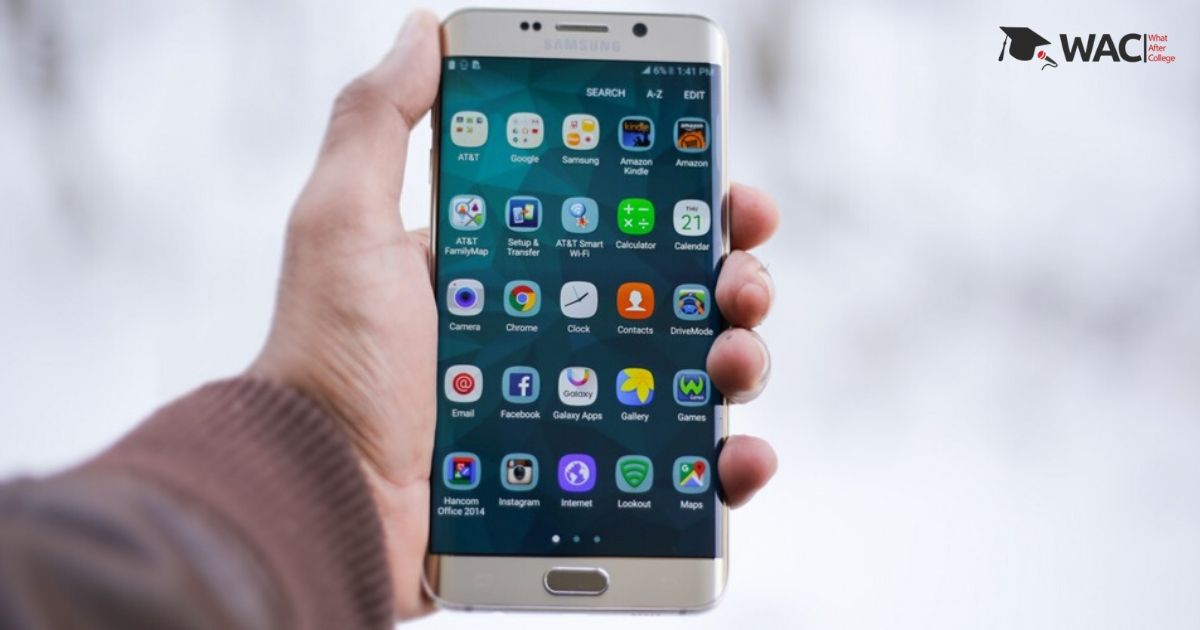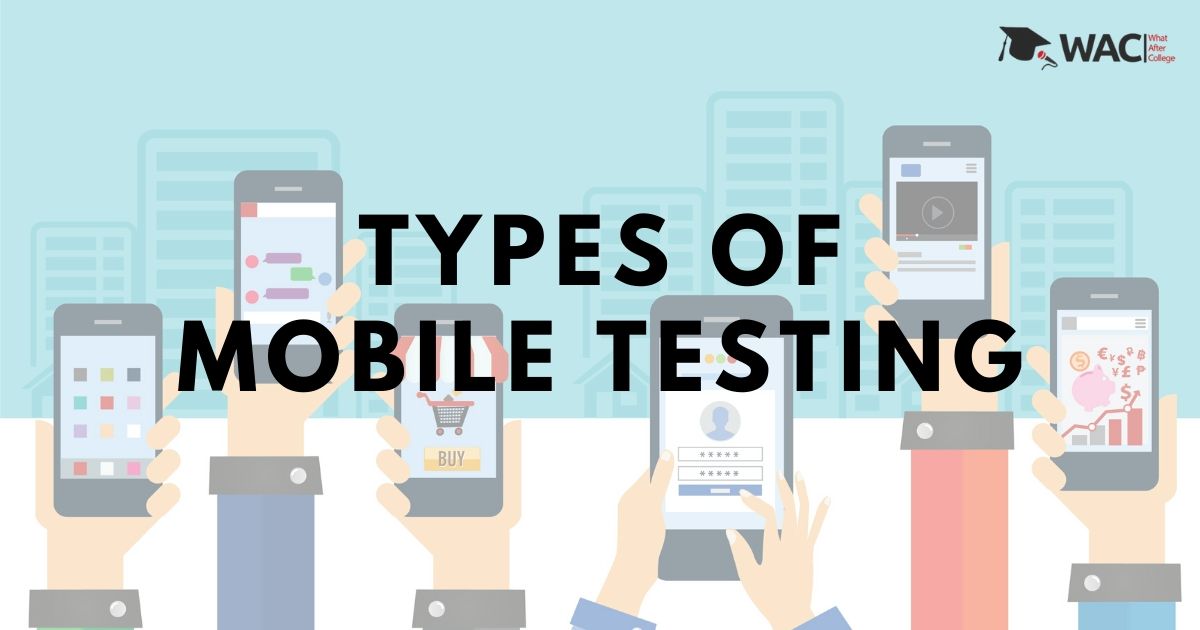Even though there are few operating systems today, different types of devices still exist. Moreover, that number continues to increase every year. Above all, there are over 25,000 unique android devices with different types of screens and resolutions. Therefore, the best way to ensure that an app provides a positive experience is by testing your app. Most of all, on the most popular devices used by the public. There are different type of mobile testing that is done before launching an app. Some of them are:
Usability Testing
This type of mobile testing is to see how easy it is for the users to complete their goals. They are given realistic tasks to complete and are being observed to see whether they face any problems. Above all, the goal is to see if they are able to complete the task, and how long it takes them, and the feedback is collected straight from the end-user. This gets rid of any bias and results in improvement.
Compatibility Testing
In this type of testing, it is to see whether the app is compatible to run on different types of mobiles, operating systems, browsers, different network connections, etc. Moreover, it is to check the compatibility of the app with different hardware configurations and old and new versions of the software.
Performance Testing
This type of testing is to ensure the speed, response, and stability of the app under different workloads. The goal is to eliminate any performance issues before the app is available and to ensure that it meets all the performance objectives. The different types of tests within performance testing include Load Testing, Spike Testing, Stress Testing, Volume Testing, Endurance Testing, etc.
Security Testing
This mobile testing ensures that the app is free from different types of vulnerabilities, and the data is under appropriate protection, and there are restrictions to its access. The aim is to find all the loopholes and weaknesses. The tests within security testing include Vulnerability Testing, Penetration Testing, Security Scanning, and Security Auditing
Other Types of Mobile Testing:
Installation Testing
This type of testing checks that the mobile app is installing, uninstalling, and updating properly without any interruption. It should be working properly after installation.
Localization Testing
This test is to ensure that the developer takes into account the appropriate language, date, and time while adapting the app to a region. The cultural aspects are also to be taken into account. Some other customizations include the use of local currency value, use of the proper date, time-zone, text, and user interface. The goal is to make it feel and look like it is specifically to meet their needs.
Functional Testing
This type of test is to test the functions of the applications and to ensure that each of the function works as expected. The requirement specification is like a manual for the user and confirms the expectations of the user. It can be either manually or automatically performed. Different types of tests for mobile functionality testing include Unit Testing and Integration Testing.
In conclusion, there may be a huge number of apps, however, no app is perfect. It is not realistic to expect a completely bug-free app. However, you can minimize the number and severity of the bugs by rigorously testing the app within the available time.

All you need to know about Android App Development
Learn Android App Development
Learn Android App Development with WAC
Other Skills in Demand
| Artificial Intelligence | Data Science |
| Digital Marketing | Business Analytics |
| Big Data | Internet of Things |
| Python Programming | Robotics & Embedded System |
| Android App Development | Machine Learning |

